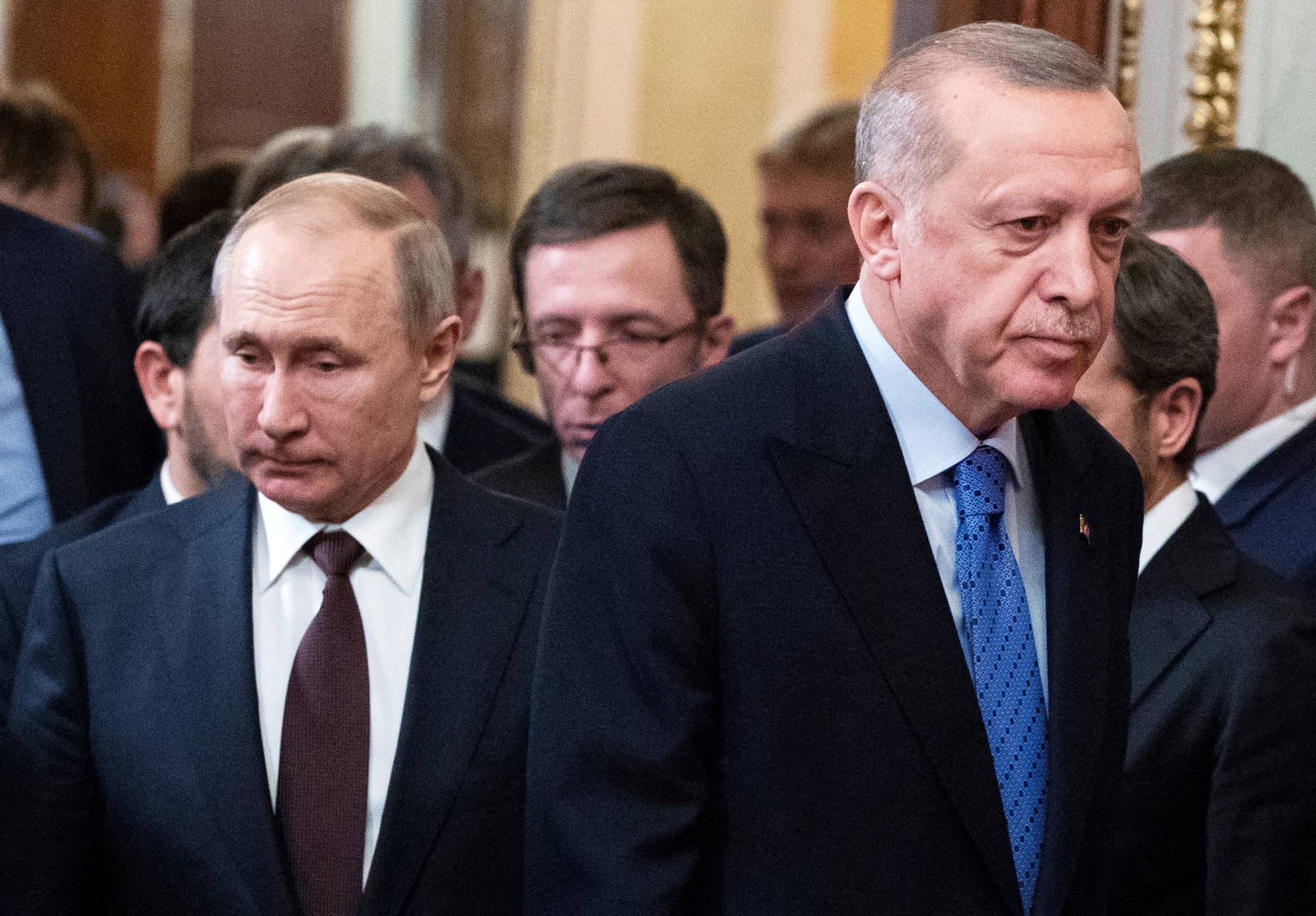Vladimir Putin has long sought to portray himself as strong statesman and guarantor of stability, at home and abroad. Now the Russian president is grappling with successive crises among his country’s neighbors. It’s an unwelcome test of Moscow’s role as regional watchman.
From Belarus to the Caucasus, the Kremlin cannot leave the outcomes of these flare-ups to chance. Yet the post-Soviet region is atomized, Russia’s economic might is bruised and its leverage vastly reduced. There seems to be little appetite for military action, and Moscow has few successful models of engagement to draw on. It’s also no longer the only power in town as Turkey and others play a greater role.
While the ructions on Russia’s fringes haven’t been caused by the pandemic, the extra strain hasn't helped. Remittances from migrant workers, which make up roughly 30% of gross domestic product in places like Kyrgyzstan, have dried up. Management of the health crisis has ranged from mediocre to total denial, as initially happened in Belarus. Turkmenistan has yet to officially record a single case.



